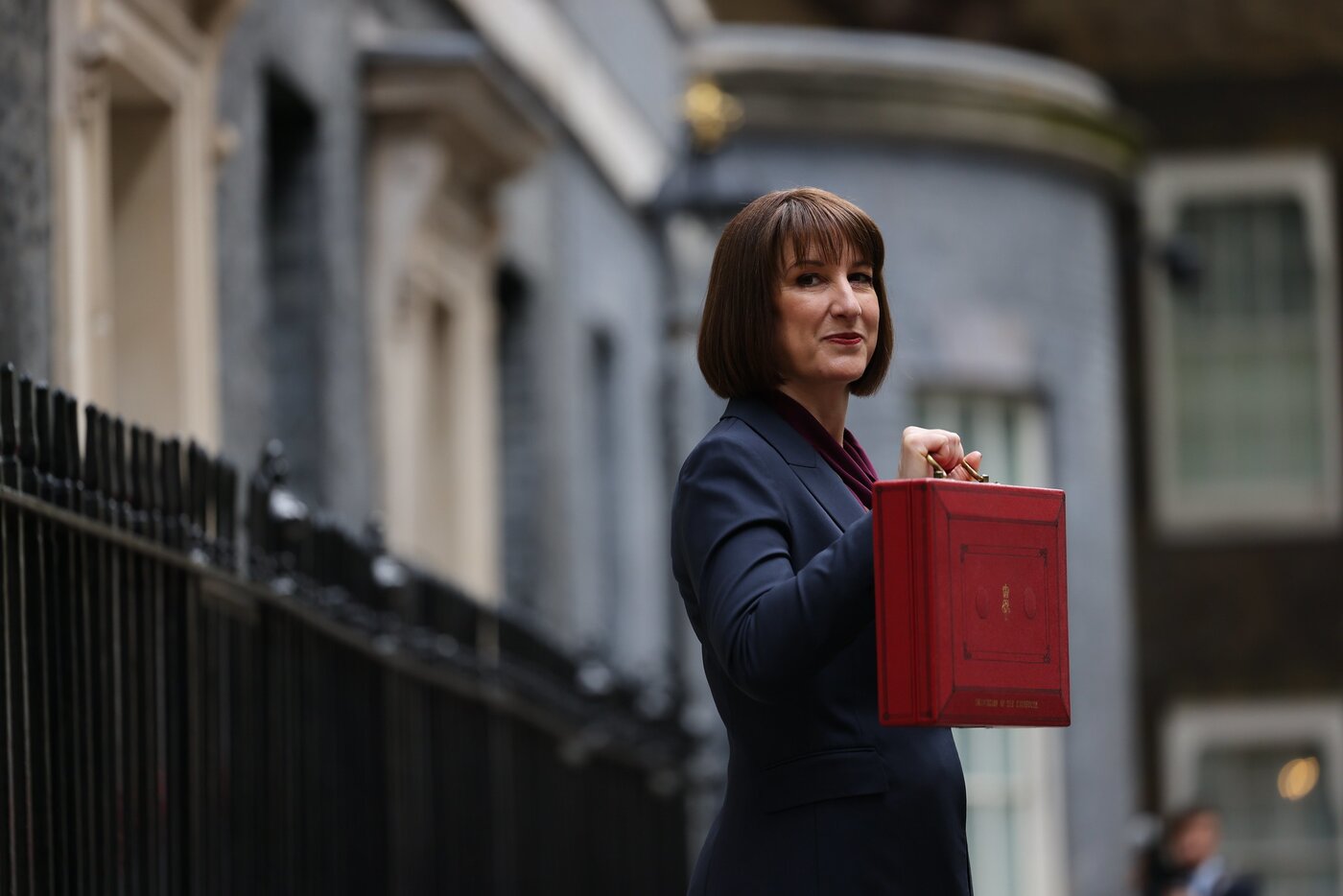Labour’s “Mansion Tax” Plan Targets 150,000 Luxurious Homes
The upcoming 2025 Budget under Chancellor Rachel Reeves is set to deliver what many analysts describe as a major “council-tax raid” on high-value homes. According to media reports, around 150,000 properties valued at over £2 million disproportionately concentrated in London and other metropolitan areas will face a new surcharge on top of existing council tax.
This move, often dubbed a “mansion tax,” could substantially raise costs for many homeowners, including some in long-standing Labour strongholds.
While framed as a redistribution measure targeting wealth, the plan has generated concern that it may hit some of the very voters whose support the party relies on notably affluent urban professionals who have shifted the party’s demographic base in recent years.
What the “Mansion Tax” Would Entail
Under the proposals:
- Homes valued at over £2 million would be subject to a new annual surcharge added on top of standard council tax bills.
- The levy would apply only to the most expensive properties a drop from earlier drafts that considered a lower threshold (as low as £1.5 million), which would have affected many more homes.
- Estimates suggest this surcharge could generate £400–450 million a year for the Treasury.
- authorities would revalue homes in the top council-tax bands F, G and H for the first time since 1991.
Officials reportedly intend for the surcharge to be “progressive,” meaning the higher the property value above the threshold, the larger the additional tax.
Who Would Be Most Affected
The bulk of affected homes are located in London and the South East, reflecting the concentration of high-value properties there.
An analysis of the 20 UK constituencies with the highest share of homes over £2 million found that 14 were held by the governing party underscoring that this levy would hit some of the party’s own traditional support base.
Because many of those living in these high-value homes are middle- to upper-income professionals living in metropolitan areas, the tax may disproportionately impact a growing segment of urban, educated Labour voters.
At the same time, some senior politicians reportedly stand to escape the tax: Government insiders suggest that a handful of high-profile MPs and ministers including top-tier leadership may avoid the surcharge by virtue of property values hovering just under the £2 million threshold.
Why the Policy Is Being Proposed
The “mansion tax” comes as part of a broader effort by the government to raise revenue in the face of fiscal pressures. A property surcharge on high-value homes is seen as a way to target “those with the broadest shoulders” i.e., wealthy households without directly raising income tax rates.
Moreover, because council-tax valuations are still based on property values from 1991, some homes have dramatically appreciated in real value without seeing corresponding increases in tax liability; proponents argue this creates a fairness issue in the tax system.
In times of constrained public finances, a property-value tax offers a relatively stable revenue stream, and may be more politically palatable than broad-based income-tax hikes.
Criticism, Risks and Political Consequences
Critics warn that the surcharge is a blunt tool that could distort the housing market and punish homeowners who are “asset-rich but cash-poor” older residents, retirees, or families whose wealth is tied up in their home but who may not have liquid assets to pay higher bills.
Others argue it may lead to legal disputes over property valuations and create incentive for owners to under-value or sell properties possibly depressing high-end market prices.
On the political front, the surcharge risks alienating a core slice of the governing party’s voter base not the stereotypical working-class, but well-educated, middle- to upper-income urban professionals who helped shift the party’s electoral geography in recent years.
Some Labour MPs themselves have reportedly pushed back, warning that implementing a tax on £1.5 million-plus homes would threaten their seats a debt likely behind the decision to raise the threshold to £2 million.
What Happens Next
The surcharge is expected to appear in the Budget announcement on 26 November 2025, though implementation is unlikely to begin immediately first, properties in bands F, G and H must be revalued.
Once the tax is in place, homeowners could face an added £4,000–£4,500 per year on average, though the actual amount would depend on individual property value.
There are indications that authorities may allow payment deferral (e.g., until sale or death) for some homeowners, especially older or cash-poor ones though details remain unclear.
Final Summary
Mansion tax to burden 150,000+ wealthy homes
Proposed changes would hit expensive homes over £2 million with a sizeable new council-tax surcharge, bringing in hundreds of millions for the Treasury but risking backlash from affluent homeowners many of whom are in traditionally supportive constituencies.
The levy, concentrated largely in London and the South East, represents a shift toward taxing property value rather than income, posing financial and political consequences for both homeowners and the governing party.
As the 26 November Budget approaches, all eyes will be on the details: how high the surcharge will be, who will be exempt, and how households might cope.











